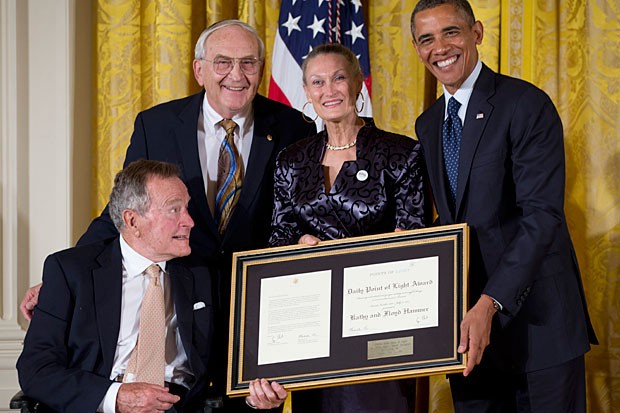
Photo Credit: One Hundred Hearts
When trying to lead a righteous movement or advocate for a noble cause, one must have an authentic commitment to truth and justice. You cannot have a genuine commitment to justice if you’re not willing to tell the whole truth, which includes the whole truth about yourself—not just the whole truth about others. It’s easy to tell the truth about others, to expose others, but never forget to give a full account of your truth. Although in this moment of “alternative facts” it may seem that truth and truth-telling don’t matter, they still do. In fact, they’re more important than ever. Those calling themselves leaders and social justice activists have an obligation to tell those they’re leading the whole truth—even when it’s unsettling.
One way to know if someone has integrity is to learn what he or she does in private. Most of the time, of course, we cannot know what people do in private. When they engage in corruption in private, however, that corruption has a way of telling the truth on them in public. Once we discover their corruption, we shouldn’t immediately attempt to justify them and/or their corruption. We have to hold our leaders and social justice activists accountable.
Never deify a human being.
Before you place too much investment in leaders and social justice activists, do the work necessary to gain an understanding of who they really are. Don’t just listen to a few of their speeches. Don’t just attend a few of their rallies. Don’t just look at their nice physical appearance. Research them, ask them probing questions, and discern their values and principles.
Yes, no man or woman is perfect, but do your due diligence to discover if a leader and/or activist you support truly aligns with your values and principles.
If you find out that a leader or activist you support has a record of committing fraudulent acts, will you continue to trust this person? Yes, the person may have engaged in these acts years ago, but was he or she honest with you about past wrongs? When people have committed certain wrongs, no matter how long ago they happened, those misdeeds may warrant reassessing your connection to them. You can value their productive work, but when you continue to lend your support to corrupt people—and “stand by your man or woman”—you become complicit in their corruption.
Integrity is telling the truth when it hurts. Integrity is telling the truth when it may cast you in an undesirable light. Integrity is not misleading people about who you are. Integrity is not permitting people to advertise you as someone you aren’t.
Understand this: If a person does not have integrity, he or she isn’t committed to justice. Why? Because integrity and justice are inextricably linked.
We all have a responsibility to hold ourselves accountable to honoring truth and justice. We all fail truth and justice when we allow people we have exalted, placed on a pedestal, to trample on truth and justice. If we’re willing to let these people lie to us, then we have to question our own commitment to truth and justice.
Ethical principles should reign supreme over unhealthy ties to people.
Closely examine the leaders and social justice activists you support and determine if they’re holding firmly to the values and principles you desire them to maintain. If you discover they aren’t who you thought they were, and aren’t principled individuals, then don’t foolishly continue to lend your support to them.
Make wise decisions about who and what you elect to champion.
Dr. Antonio Maurice Daniels
University of Wisconsin-Madison






